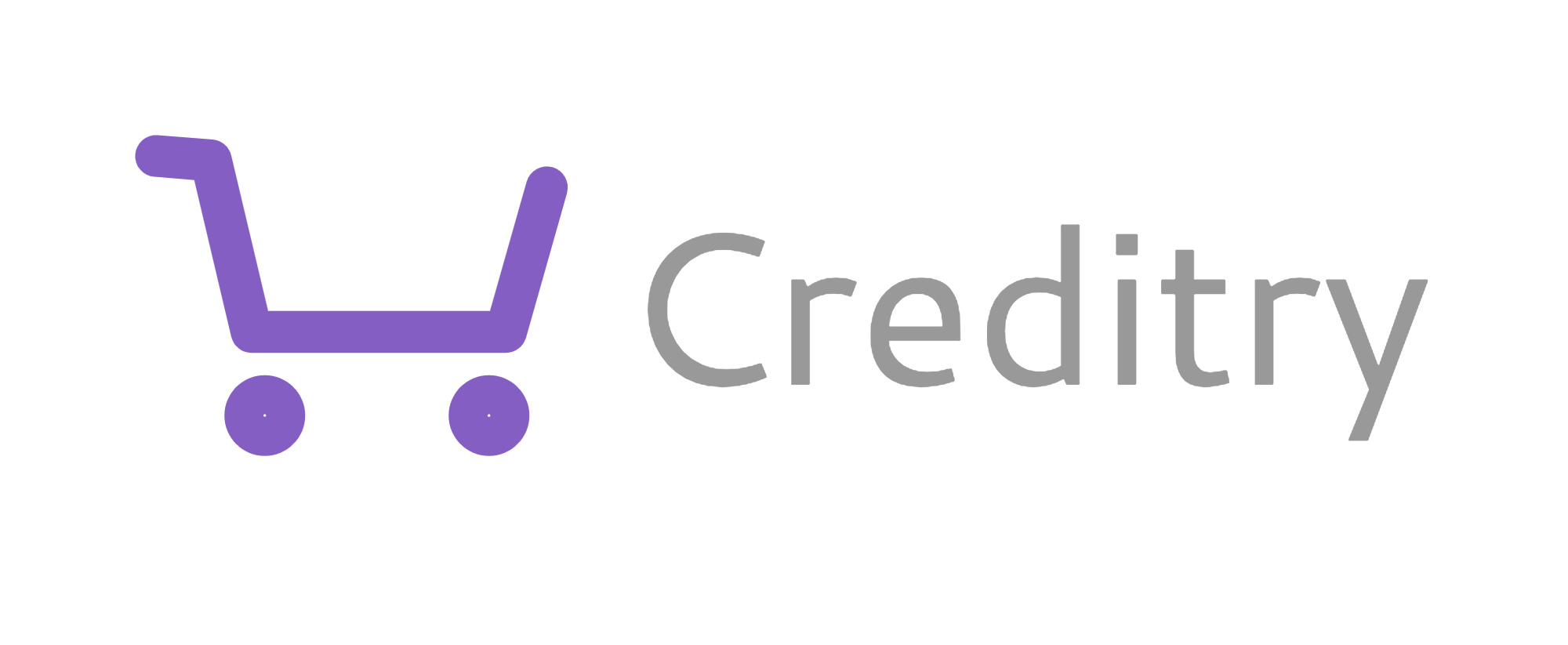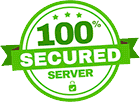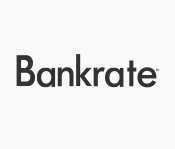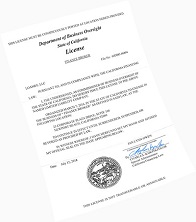Overview
Created in 1953, the U.S. Small Business Administration (SBA) helps small business owners and entrepreneurs pursue the American dream. The SBA is the only cabinet-level federal agency fully dedicated to small business and provides counseling, capital, and contracting expertise as the nation’s only go-to resource and voice for small businesses. According to its website, the SBA works “to ignite change and spark action so small businesses can confidently start, grow, expand, or recover.”
In addition to their guidance, advice, and other SBA services, the Small Business Administration supports certain types of business loans for entrepreneurs and growing companies. Most forms of SBA lending don’t involve funds issued by the Small Business Administration itself, but through approved business loan companies. A large percentage of each qualifying loan is guaranteed by the SBA, meaning much lower risk for lenders – even if a borrower defaults, the lender recoups most or all of their money. The lower risk of SBA business loans means better terms for approved borrowers, including lower interest rates.
There are several general types of SBA loans. It’s helpful to be familiar with them before you business loan shop in order to make sure you’re applying for the loan or loans most appropriate for your circumstances.
7(a) SBA Loans – This is the best-known variety of SBA lending. These federally guaranteed loans can go as high as $5 million and be used for working capital, business expansion, equipment purchases, or many other business needs. A 7(a) SBA loan can be processed through participating banks or credit unions or numerous approved online lenders. Whether utilized as an SBA working capital loan or to expand or purchase essential equipment, the 7(a) is often an excellent choice for business financing.
CDC/504 Loans – These are commonly used to purchase real estate, buildings, or machinery. Amounts can go as high as $25 million, giving businesses great flexibility in securing high-end real estate or specialized equipment essential to their business growth. CDC/504 loans can be processed through private-sector lenders and certain approved non-profits.
Microloans – Typically, these are issued through nonprofit organizations and specialty lenders, including numerous online options, rather than traditional lending institutions like banks and credit unions. Microloans are geared towards very small businesses and beginning ventures. Much like the 7(a) loans, you can use microloans as a source for working capital. The maximum loan available under this program is $50,000.
Disaster Loans – As the name suggests, these loans are specifically designed to assist small businesses weather or recover from natural disasters. Unlike most forms of SBA lending, these loans are generally issued directly by the Small Business Administration. Loans can be approved for amounts as high as $2 million.
Whatever the type of SBA loan, they generally have much lower interest rates than traditional loans and longer repayment terms, based on their primary purpose more than on the loan amount. The SBA loan payment terms for an SBA working capital loan can be extended up to seven years. Repayment terms for an SBA business loan can be as long as ten years. Loans for real estate can be arranged for up to 25 years. The lower interest rates and longer repayment terms allow small businesses to use more of their available capital and devote fewer business resources each month to repayment.














